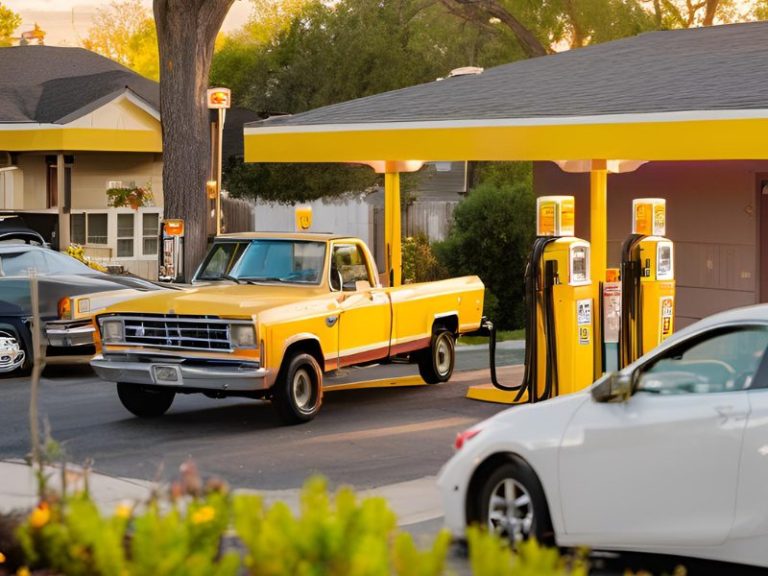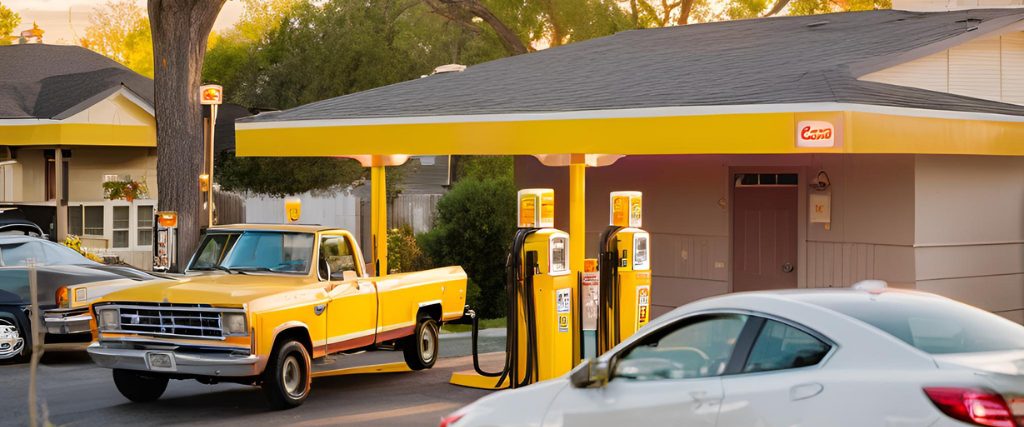Maximizing profitability: Effective fuel pricing strategies for small gas station chains

This guide aims to provide smaller fuel retailers with actionable insights to enhance their network profitability while maintaining a competitive price position.
- 1. Develop a clear and achievable strategy
Your pricing strategy should be realistic and tailored to your specific market conditions. This includes understanding your brand positioning, customer expectations, and competitive landscape. A well-defined strategy considers macroeconomic factors, competitor behaviors, and internal capabilities, ensuring that targets are achievable and aligned with your overall business goals.
- 2. Set limits to control volatility
To avoid triggering competitor price wars and market volatility, set limits on the number of price changes per day and the extent of these changes. For instance, limiting price adjustments to 2-3 cents at a time helps maintain stability and prevents significant impacts on profitability. This approach helps in managing consumer expectations and avoiding drastic fluctuations that can harm your brand image.
- 3. Align prices with brand and market position
Ensure that your pricing reflects your brand’s market position and strategic goals. Consistent pricing aligned with your brand’s value proposition helps in building and maintaining customer loyalty. Avoid drastic price changes that might confuse customers or damage your brand perception.
- 4. Measure and analyze performance
Regularly track key performance metrics such as volume performance, margin performance, and overall profitability and how they trend over time. Allow for any notable external factors that could cause your metrics to spike. This data-driven approach helps in making informed adjustments and understanding the broader impact of pricing changes on your business.
- 5. Leverage technology for price optimization
Utilize advanced pricing optimization tools to determine the most profitable price points for each product. These tools can process vast amounts of data very quickly, adjusting prices in real-time to maximize both volume and profit margins. By freeing up analysts from manual tasks, technology allows them to focus on strategic decision-making and innovation.
- 6. Empower analysts with freedom and tools
Pricing Analysts play a critical role in fuel pricing strategies. Provide them with the tools and autonomy to explore innovative pricing approaches. By reducing their administrative burden through automation, analysts can focus on identifying high-performing sites and replicating successful strategies across the network, ultimately enhancing overall performance.
- 7. Continuous improvement and adaptation
Fuel pricing is not a set-and-forget task. Continuously monitor market conditions, competitor actions, and your own performance metrics. Be prepared to adapt your strategies based on these insights. Regularly reviewing and refining your approach ensures that your pricing strategy remains effective and aligned with your business objectives.
- 8. Consider external factors
Finally, consider external factors such as economic conditions, regulatory changes, and technological advancements. Staying informed about these factors helps in anticipating market shifts and adjusting your strategies proactively, rather than reactively.
By implementing these strategies, gas station chains can optimize their fuel pricing to maximize profitability, enhance competitive positioning, and achieve long-term business success.
How to take the next step.
What to do next is dependent on the size of your fuel retail business, and the maturity of your fuel pricing operation.
Whether you are a fuel retailer managing 5 sites locally, or 5,000 sites internationally — incremental increases can make all the difference. In a game where 1c when make or break success, small efficiency improvements will make you more agile and give you the ability to act quickly, with confidence.
Use this interactive tool to understand where you currently sit on the fuel pricing maturity curve and how to take the next step in your fuel pricing processes and boost your pricing strategy.
Read more articles about:
Fuel pricingSubscribe and get the latest updates
You may unsubscribe from our mailing list at any time. To understand how and why we process your data, please see our Privacy & Cookies Policy
Related posts
Fuel pricing
November 2024. Kalibrate's Canadian Petroleum Price Snapshot
Kalibrate conducts a daily survey of retail gasoline, diesel, propane, and furnace fuel prices in 77 Canadian cities....

Fuel pricing
The Kalibrate news round-up: November 2024
In this monthly feature, we look across the industry and mainstream news to uncover some stories of note that we...


